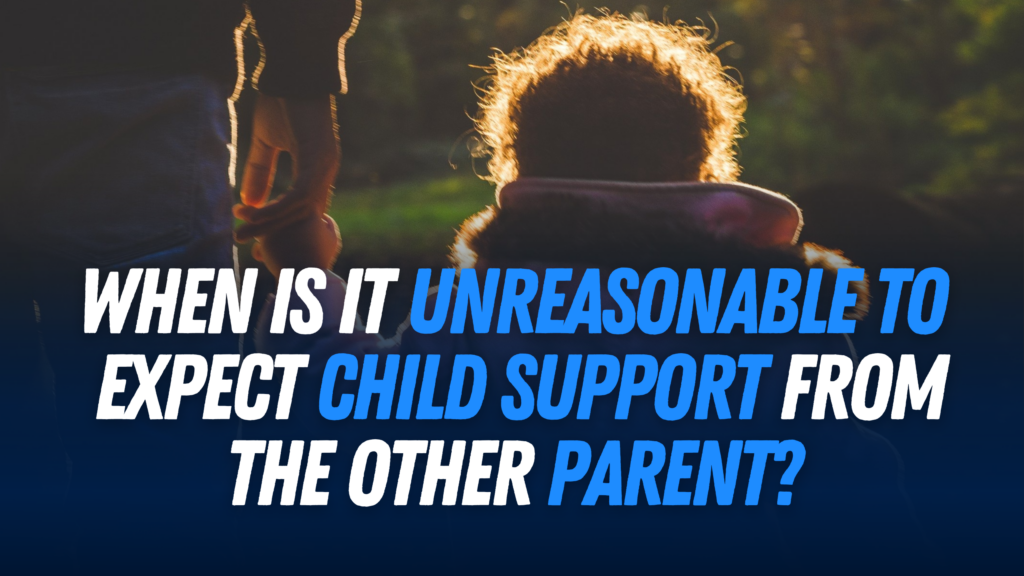
Fatherhood is beautiful, there is nothing in the world that can compare to it. But the one thing we often don’t mention as much as we should, is the stress that comes with being a dad.
This is not to complain, or run from one’s responsibilities as a dad. But the reality of it is this, if you are the head of your house, your mental state have to be intact or the rest of the body (your household) will crumble.
If you have ever felt overwhelmed with all that comes with being a father. Please know that, you are not alone – in fact, research published in the Journal of Child Psychology and Psychiatry, suggests that new fathers should be assessed for stress during the perinatal period as it presents an opportunity for early intervention to help prevent future difficulties for both father and child… Below I have listed some strategies that may be of help to keep your level of stress down and keep things in perspective at a time which can be overwhelming.
- Accept that you can’t fix everything – One of the key things to bear in mind is that you don’t, and can’t, make everything perfect. You won’t always be able to fix everything that goes wrong, or find a ready solution. Bear in mind that even difficult situations bring an opportunity to learn – about your partner, your baby and yourself as a father, so take the time to reflect on what worked last time and may be helpful in the future.
- Talk to others – Dads may feel that they are in the background, or that they are a little out of the picture with the focus on the mother, particularly around the time of birth. While women can be very good at talking openly about their experiences, often men don’t open up. Talking about your experiences with friends and workmates about the positive and the challenging aspects of becoming a dad can be beneficial, and importantly help you to realise that there are others who may also be finding the experience both rewarding and challenging.
- Make some time for you – While having a baby is going to impact on your leisure time and some activities, try and keep some things to do that you have always enjoyed. For some men who have enjoyed hobbies or sporting activities that take lengthy periods of time (e.g golf, skiing) there is likely to be some adjustment to this – so that your partner doesn’t feel that they are left carrying the load. Whilst continuing a sport can be great for your mental health and well-being and also connecting you with others, and keeping some continuity in your life, also consider the need for negotiations with your partner to ensure this remains ‘family friendly’.
- Don’t sweat the small stuff – Sometimes it will be important to ask yourselves as parents, does it REALLY matter? Sometimes we can get so caught up in trying to do the best for our children, but in the end some things that may be causing a lot of stress or pressure, in the scheme of things don’t really have an impact at all. This can be a useful thought to keep in your mind and remind yourself and your partner, when the pressure is on.
- Keep a check on your partner – We know that having a baby places women at risk of developing depression and anxiety – more so than at any other stage in their lives. Learning about the signs and symptoms and what to look for is invaluable for both of you. If you’re concerned your partner may be suffering or you have noticed changes in her behaviour, talk with her about how she is feeling, and ask her what would help her cope at this time. This is likely to include practical things as well as being there for her. It is also important to seek help as early as possible, so be proactive about learning more, and taking the steps to getting help.
- Be aware of how you are traveling – Whilst the rates of depression and anxiety in fathers may not be much higher for new dads when compared with other men of the same age, the high level of readjustment can increase the levels of distress that dads experience. Being aware of how you are feeling, making time for exercise (to reduce stress) and identifying situations that may feel intense and considering how to reduce the stress, can all be helpful ways of not only lowering your distress, but also your risk of developing conditions like depression and anxiety.
- Learn about emotional and mental health conditions – Learning more about mental health conditions that commonly occur during pregnancy and following the birth of a baby, for mothers and for fathers, is the first important step. By being aware of the signs and symptoms, knowing what to look for, you will be able to seek help early. The faster you seek help, the faster you and/or your partner can recover.
- Make time for you both – Often the demands of a baby means that your partner’s focus and attention is now directed at meeting the needs of your new baby, so it is important to try and schedule some quality time for you both. This may be opportuntities when the baby is sleeping to just make time for a conversation and connection with your partner to reflect on how things are going for you both and ways you can support one another.
Partial source: COPE.org.au



